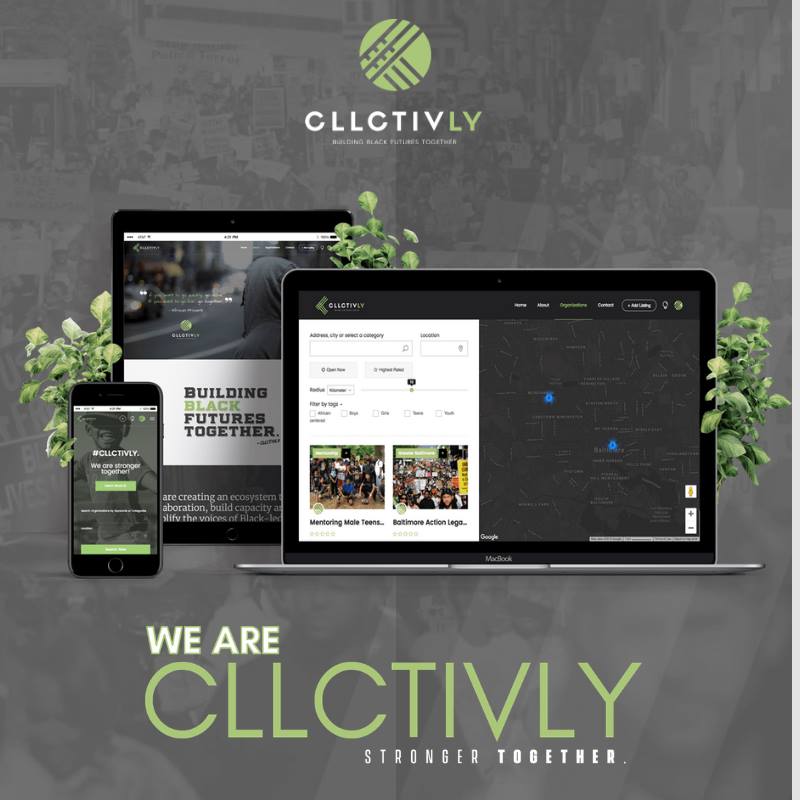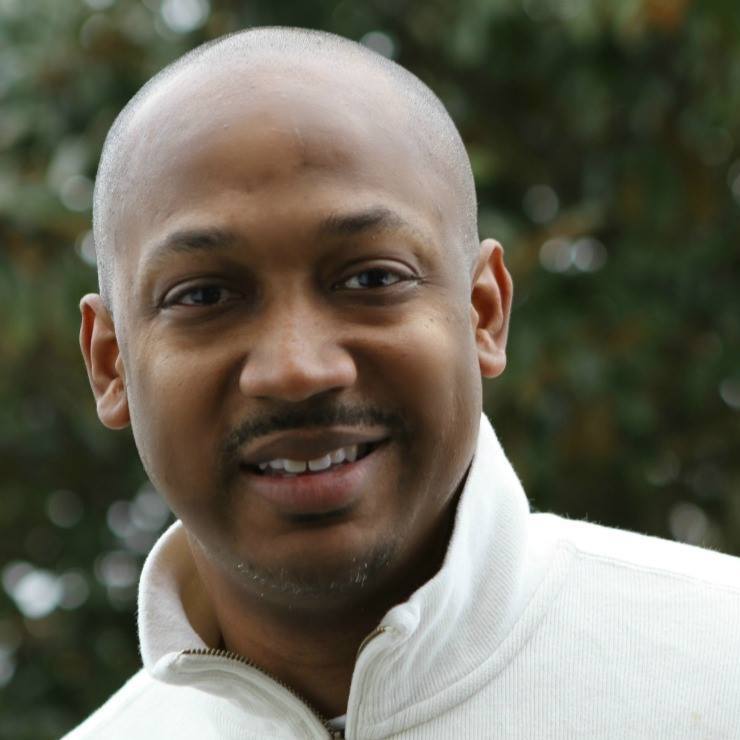Jamye Wooten is founder of CLLCTIVLY, an organization that’s building an ecosystem of grants and resources to nourish Black-led organizations that want to improve Baltimore.
CLLCTIVLY is currently offering microgrants of $500 to organizations as a part of the Baltimore Black-led solidarity Fund. The fund has already awarded over $30,000 to black led organizations and intends to contribute more. It is also currently raising money for its 2nd Annual Day of Giving. A drive to support and amplify black led organizations that will award over $10,000 in prizes. Like its 2019 event, this day of giving is aimed to combat stats that show only 2% of philanthropic Black-led orgs.
In an interview, the recent Johns Hopkins Social Innovation Lab alum gave his thoughts yesterday on the work he’s doing, the George Floyd protests and his hopes for what’s next. This interview has been edited lightly for length and clarity.
###
Technical.ly: What kind of aid do you see happening when you build this ecosystem and the fruits of your labor start to show?
Jamye Wooten: We launched in 2019 and our first phase was an asset map directory, so mapping Black-led organizations based on the area of focus and neighborhood. So now there are currently 100 organizations on the platform. Wooten said. CLLCTIVLY wants to help amplify and increase access to funding for these organizations, Wooten said, which focus on areas like advocacy, mentorship, food sovereignty and mental health.
When you look at all these organizations along with the George Floyd protests and how communities are reeling from it, what work do you see being done moving forward?
Relationships move at the speed of trust and social movements move at the speed of relationships. You must first do the base build building work, must first do the relationship building work that fosters greater trust. We’ve been very intentional about spending these first 18 months around building relationships and building trust. The base building component is the foundation of it.

In comparison to other cities why do you think Baltimore’s response was so different?
Different in what way?
I would say Baltimore doesn’t really have a curfew right now. There was definitely a police presence, but it wasn’t as antagonistic as it had gotten in other cities.
I think it’s a good sign. I’m not aware enough to say that [the antagonism of the police] was not present but I will be going down today. [Editor’s note: A youth-led march drew more than 1,000 people downtown to call for justice on June 1.] I’ll talk to the people that I know that are on the front lines. We definitely know that there was a woman suffering from a mental health crisis that struck an officer and another officer knocked her out. I don’t know what other incidents happened on the ground. So I wouldn’t want to speak to what the response has been.
When you look at the media coverage of the protests about George Floyd’s murder on camera and the numerous incidents of police brutality followed by judicial inaction, what do you think has been missed by the media at large?
[The mass media often misses] the violence we often talk about that is systemic and structural violence. And I think certainly COVID has pulled the covers back on that, exposing the grave injustice of disinvestment and underdevelopment in the black communities. It’s violence, and often we don’t see that. So [the narrative] often [centers on] asking protesters to be nonviolent but we’re not talking about the system that has historically been violent towards black and brown people.
How do you think people will look back on this moment a year from now? What lessons do you think people should learn from it?
I hope that the greater community will learn is that we must shift resources. Fundamentally this is a question of power. I think real equity is [rooted in] how do we shift resources in a meaningful way to black communities so that they’re able to thrive. I hope that we begin to see a shift, between COVID-19 and the current protests, that resources are shifted in meaningful ways to black communities to build the capacity of our organizations and to be self determined.







